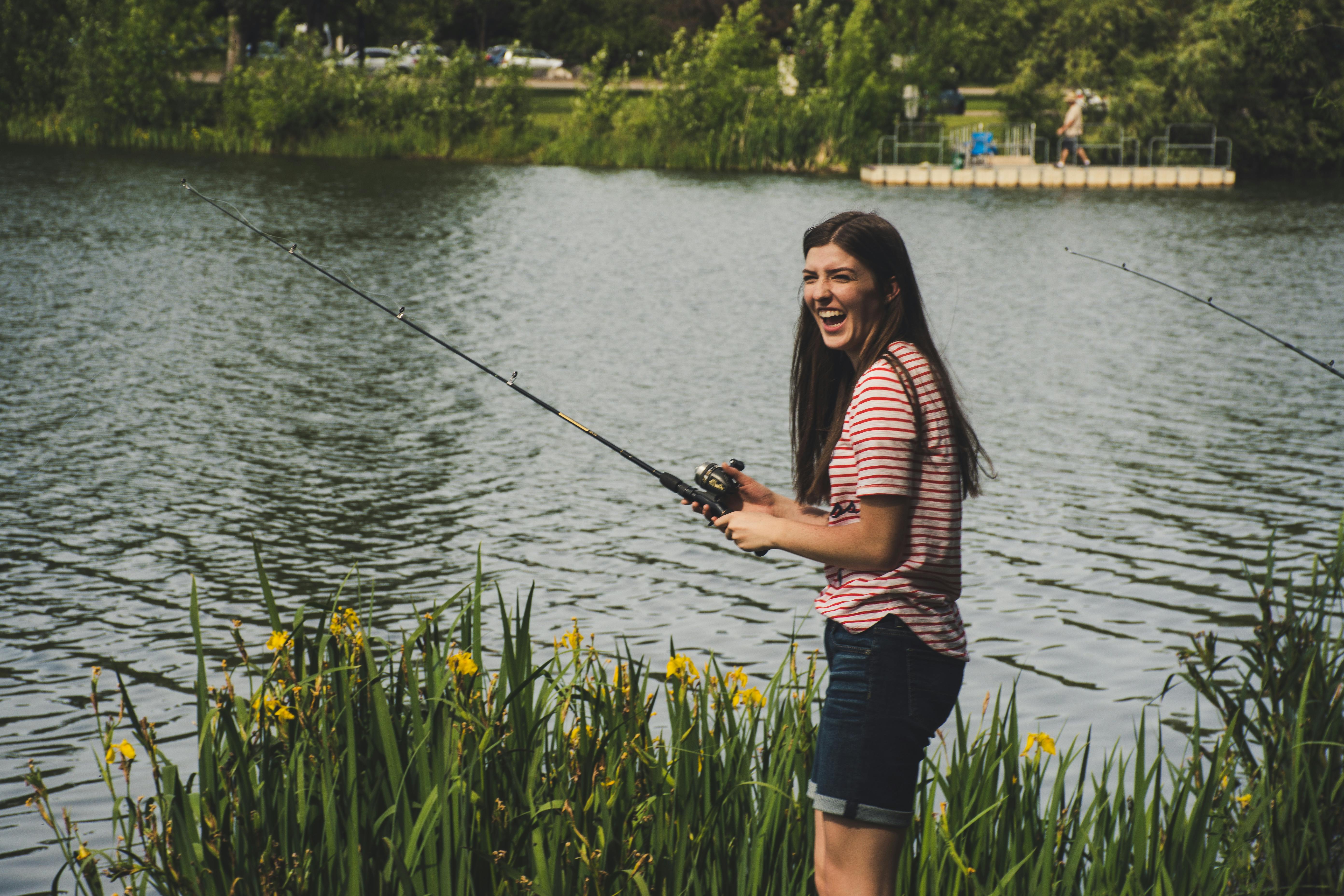Camping in the great outdoors is an adventurous way to connect with nature and unwind from the hustle and bustle of daily life. But without proper preparation, what should be a refreshing experience can quickly turn into a daunting one. Knowing a few essential camping survival tips and tricks can make your trip safer, more comfortable, and ultimately more enjoyable. Whether you’re a seasoned camper or a beginner, these guidelines will help you make the most of your adventure.
1. Essential Gear Packing
Before you set out, it's crucial to pack the right gear. Here’s a list of must-haves:
- First Aid Kit: Include bandages, antiseptic wipes, tweezers, pain relievers, and any personal medications.
- Navigation Tools: Carry a map and compass; while GPS devices are useful, they rely on batteries and signal.
- Fire Starters: Waterproof matches, a lighter, and tinder can be lifesavers.
- Multi-tool or Knife: Essential for cutting, repairing, and even cooking.
- Shelter: A tent or tarp that’s easy to set up and provides adequate protection.
- Extra Clothing: Layering is key for managing temperature changes and unexpected weather.
2. Water Purification Methods
Water is the most crucial element of survival. Always plan to carry enough for your needs, but be prepared to source and purify water from natural sources. Methods include:
- Boiling: The most reliable method, killing all pathogens.
- Purification Tablets: Easy to use but require some time to work.
- Water Filters: Effective for removing bacteria and protozoa, but not viruses.
- UV Purifiers: Use ultraviolet light to kill microorganisms, with some models being solar-powered.
3. Food Storage and Management
Proper food management not only keeps you fed but also prevents attracting wildlife:
- Bear Canisters: These are essential in areas with bear activity.
- Hanging Your Food: If canisters are unavailable, hang food at least 10 feet above the ground and 4 feet from the trunk of a tree.
- Non-Perishable Foods: Opt for items like nuts, dried fruits, energy bars, and jerky.
4. Fire Safety and Management
Building a campfire is a quintessential part of camping but comes with responsibilities:
- Clear the Area: Remove any flammable materials around your fire pit.
- Keep It Small: Large fires can get out of control quickly.
- Extinguish Properly: Use water to douse the fire, stirring the ashes to ensure all embers are out.
5. Wildlife Encounters
Encounters with wildlife can be thrilling but dangerous if not handled properly:
- Stay Calm: Most animals will not attack unless provoked.
- Make Noise: Alert animals to your presence by talking or clapping.
- Avoid Feeding Animals: This can lead to them associating humans with food, leading to dangerous situations.
6. Weather Preparedness
Weather in the wilderness can be unpredictable. Always check the forecast before leaving and prepare for sudden changes:
- Rain Gear: A waterproof jacket and tarp can protect you and your equipment.
- Sun Protection: Sunglasses, hats, and sunscreen are crucial.
- Cold Weather: Pack extra blankets and clothing layers.
7. Navigation and Communication
Getting lost can be one of the scariest experiences. Prevent this with these tips:
- Mark Your Trail: Use markers or flagging tape to help retrace your steps.
- Emergency Whistle: Use a whistle to signal for help if needed.
- Communication Devices: In areas without cell service, consider carrying a satellite phone or a personal locator beacon.
Conclusion
Camping can be a rejuvenating experience when approached with knowledge and respect for nature. By implementing these camping survival tips and tricks, you can ensure a safer and more enjoyable adventure. Remember, the key to a great camping trip is preparation, awareness, and adaptability.
If you have your own tips or experiences to share, feel free to leave a comment below. Happy camping!


